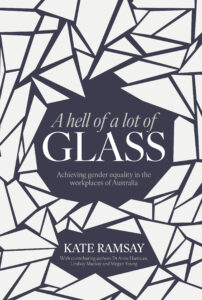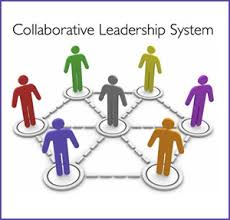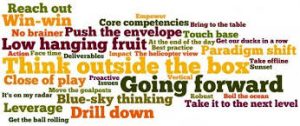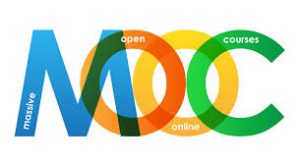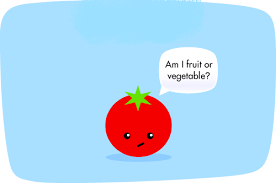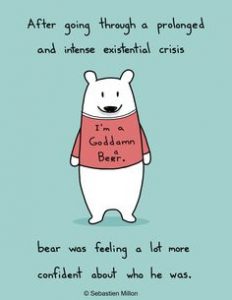I believe that true gender equality will only be achieved in our society when the last remnants of the patriarchy have been eliminated.
I recently discovered two quirky phrases in relation to the patriarchy:
The first is: ‘My favourite season is the Fall of Patriarchy’.
And the second suggests that maybe we can finally eliminate the causes of gender inequality by ‘Grabbing them by the Patriarchy’.
I recently published my second book. It’s called A hell of a lot of glass – achieving gender diversity in the workplaces of Australia and it is my contribution to the dialogue about how we can finally achieve true gender equality at work.
I have now launched the book in my home village of Federal in northern NSW, in Sydney and in Melbourne. I have been the keynote speaker at two International Women’s Day events: the first at the annual lunch hosted by Victorian Women Lawyers at the Melbourne Town Hall and the second at Gartner’s Sydney offices to a hybrid audience of some of the Sydney team in person and some of the Asia Pacific team online. My most recent presentation was to STEM (science, technology, engineering and mathematics) academics and students at Wollongong University with the catchy title of Navigating the glass obstacle course.
At each of these events I stressed that if we want to play the ‘blame game’, it’s our patriarchal culture that is responsible for the ongoing resistance to gender diversity at work. This is not about men being bad and women good. In fact I always make the point that the patriarchy can be hard on men too. Rather it is that we are all immersed in the rules and mores of a patriarchal culture that have evolved over thousands of years. One outcome of this is that we each carry around inside us unconscious biases about what men can be and do versus what women can be and do. Achieving the ‘Fall of Patriarchy’ therefore requires each of us to look within, bring to the spoken, and challenge any old-fashioned beliefs that are not appropriate in an equal world.
For example, when I did some deep work on challenging my unhelpful beliefs in my 30s, I found to my astonishment that one that was still buried deep inside my psyche was that ‘women’s place is in the home.’ I had to do some seriously hard work challenging this one before I was able to rid myself of the deep guilt I was feeling as a working mother.

